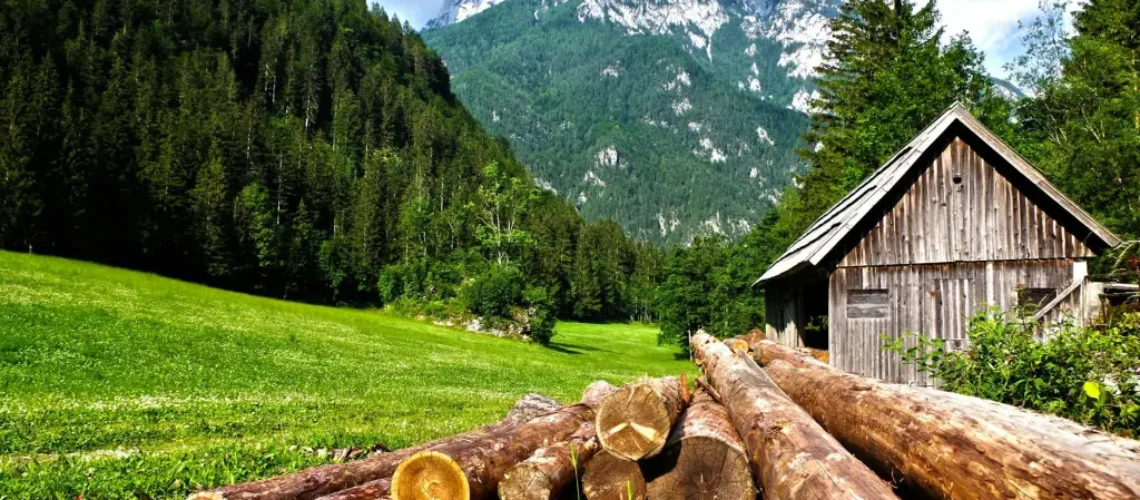TONGASS NATIONAL FOREST, ALASKA – A committed Recreational Aviation Foundation volunteer workforce of seven, augmented by two US Forest Service personnel, has just completed a week-long project repairing and maintaining remote, fly-in only cabins at Southeast Heckman Lake in Alaska’s Tongass National Forest. The work is part of an ongoing program to ensure the long-term sustainability of these singularly isolated retreats.
The following cabin sustainability plan was previously produced by the Tongass National Forest, highlighting its growing maintenance costs and how that may lead to decommissioning cabins that are accessible by airplane or boat only. These remote cabins offer valuable opportunities for hunting, fishing, hiking, and backcountry safety in solitude and independence.
Planning and Implementation
The project was masterfully planned over the course of a year by RAF Alaska Liaison Jeff DeFreest, working in concert with USFS Recreation Management Specialist Seth Roseberry. With the help of an RAF grant, the plan was approved by the USFS and the volunteer work party was scheduled for April 2024.
This included the moving and repairing of an ice-damaged dock, pressure washing and staining of the cabin, deck, rails and accessibility ramp, outhouse repair, brush clearing and filling the woodshed.
Contributions by Volunteers
Seven volunteers from around the country, including Michigan Liaison Rob Aho and RAF Director Jeff Russell of Wisconsin joined Roseberry and USFS Forestry Technician Katie McCann. Their combined work regained accessibility for mobility-challenged users and more for another cabin at Heckman Lake and a cabin at Jordan Lake nearby.
The teams worked as one integrated group without much distinction between us and them. It was awesome,” said Kari DeFreest, adding, “we also had great, professional support from our local partner, Misty Fjords Air.”
Achievements and Impact
This collective effort equated to a few significant maintenance achievements that prepared the cabins for use and continued to make them accessible as well as safe to use. The research of cabin utilization and recent maintenance by Seth Roseberry and Katie McCann respectively enabled the volunteers to effectively focus their energy on filling wood sheds and brushing trails. In all, the RAF volunteers maintained three cabins in the Naha drainage area.
I think we made a big impact on the cabins we worked on,” said Jeff Russell. “Work got done, fun was had, and relationships were built-true to the RAF way of doing things.”
Conclusion
Completion of the project underlines that volunteer efforts are the lifeblood in maintaining and preserving remote cabins within Alaska’s Tongass National Forest. These cabins offer something no other area can-an uncommon recreational opportunity-aside from being an essential element in the backcountry for safety and conservation. The spirit of community and cooperation that defines the way these RAF volunteers worked to sustain these remote treasures for future generations is unparalleled.


